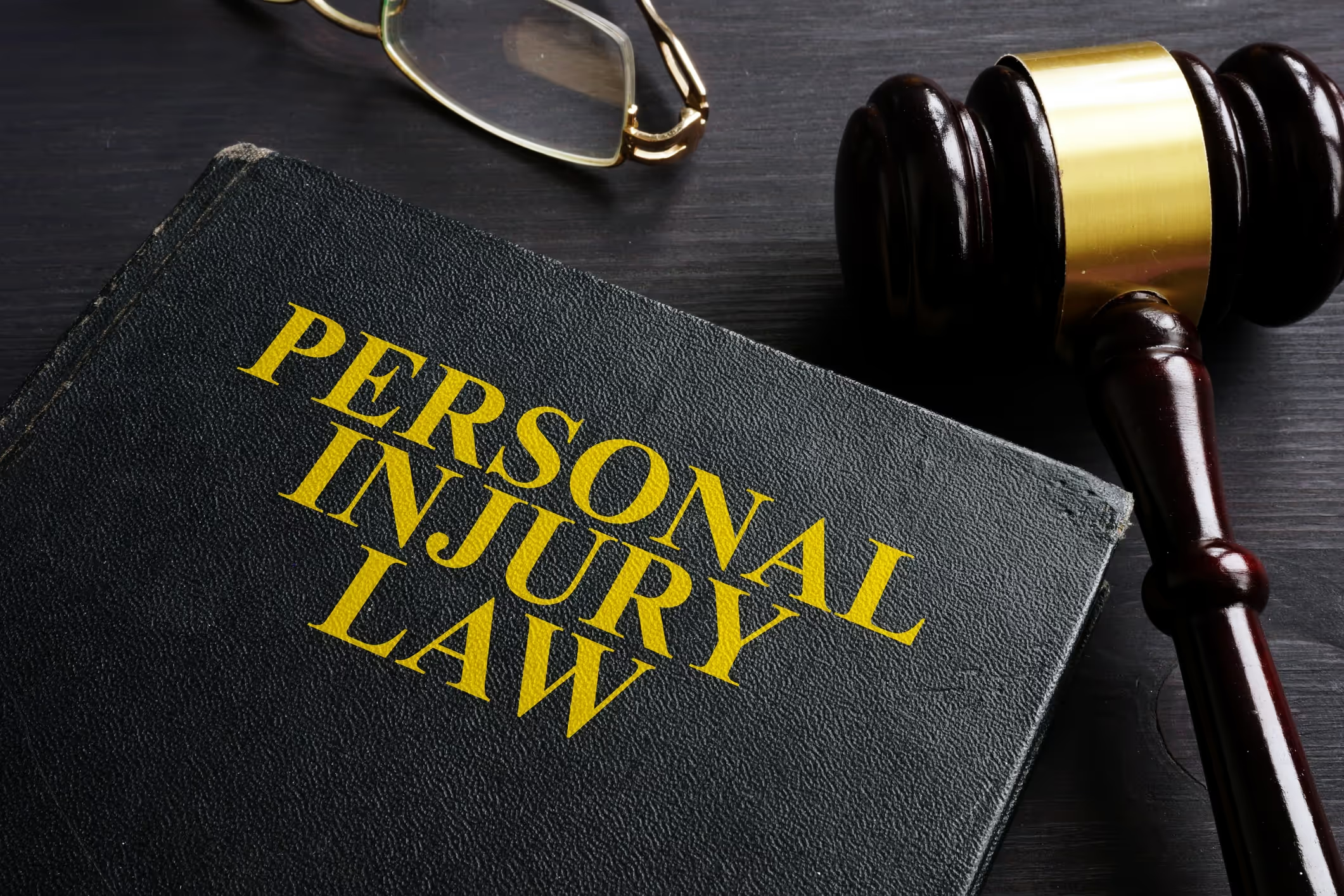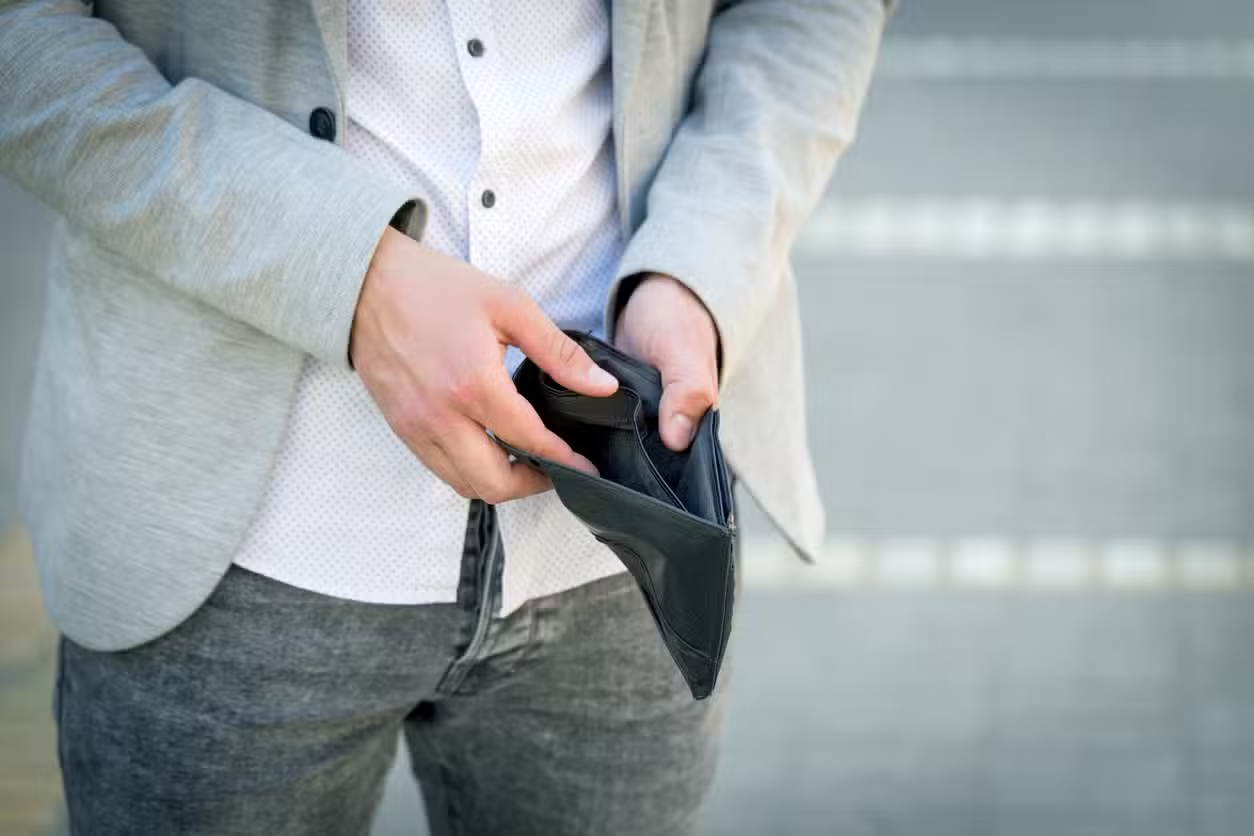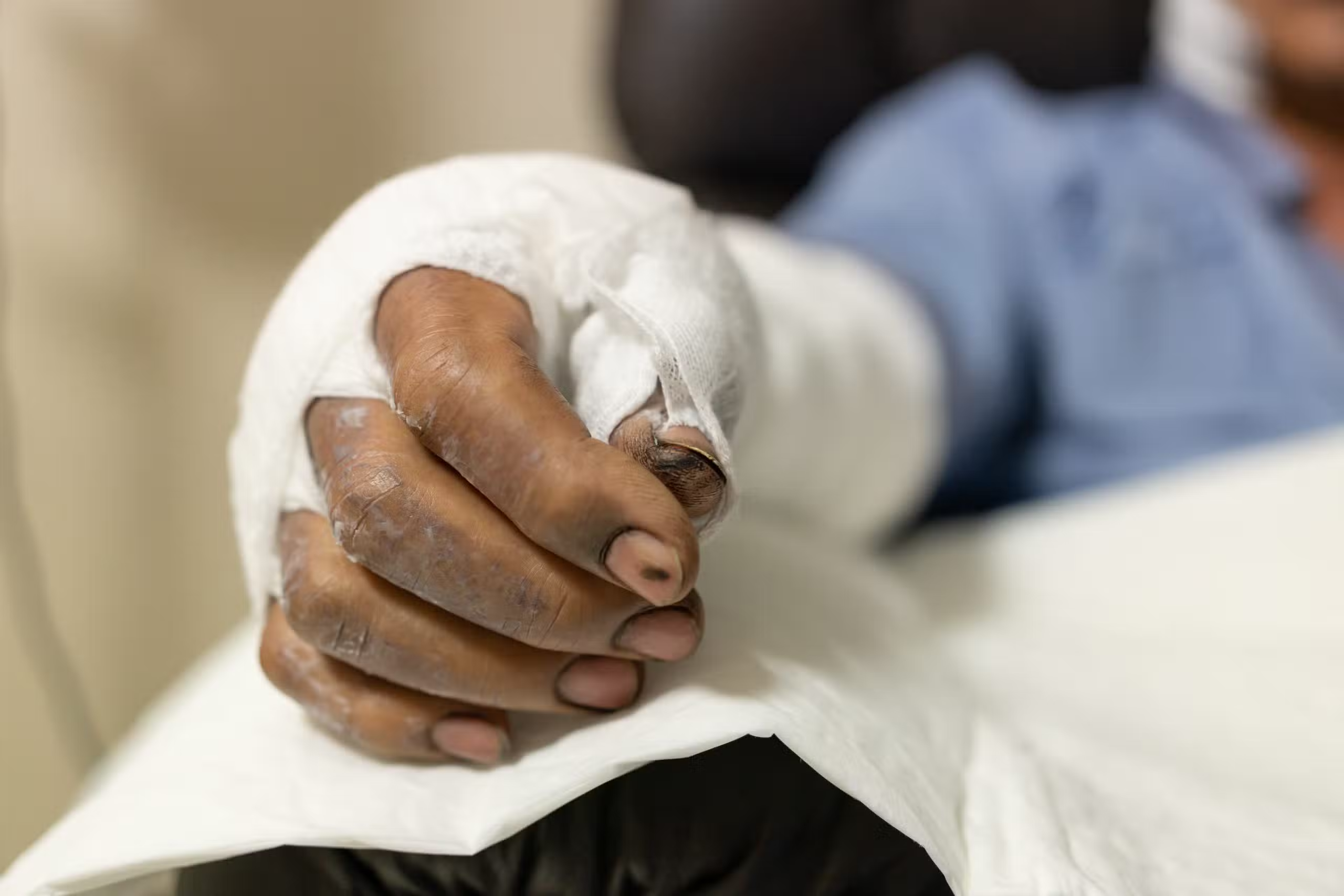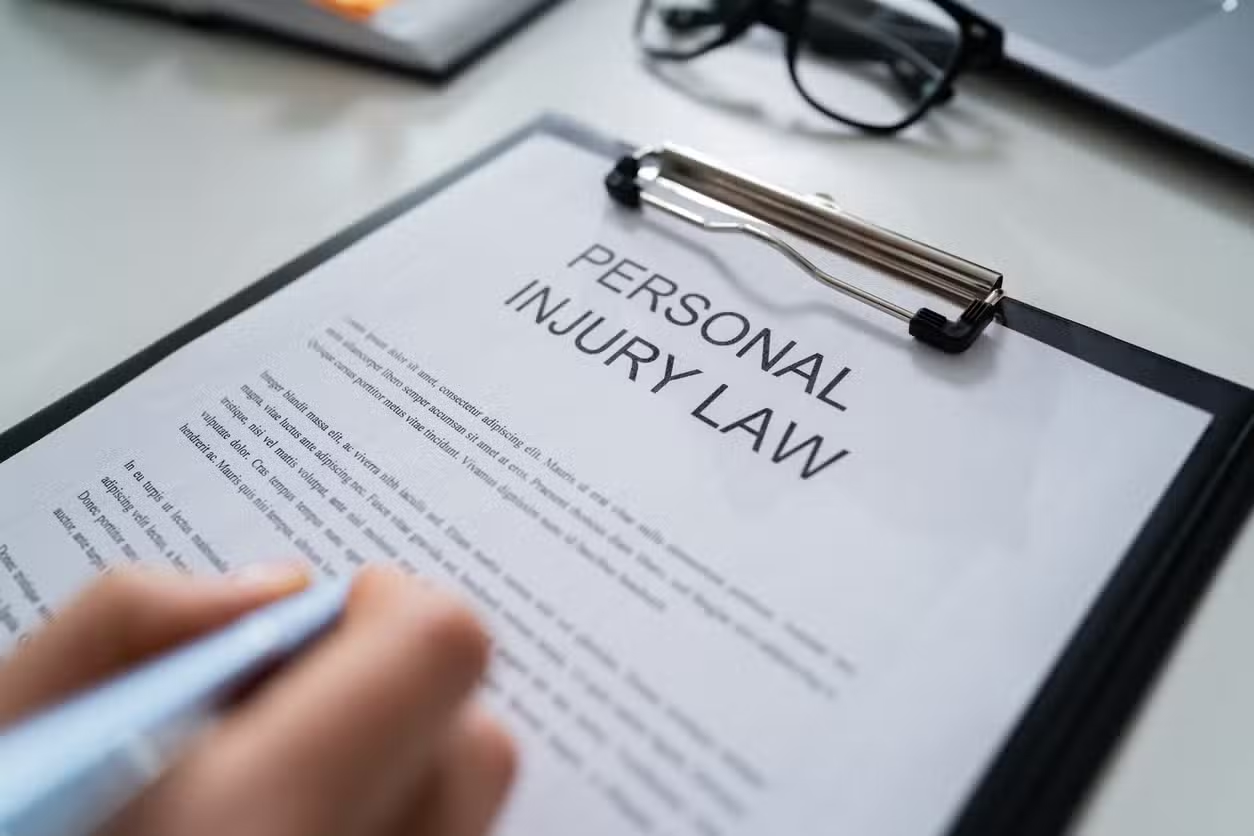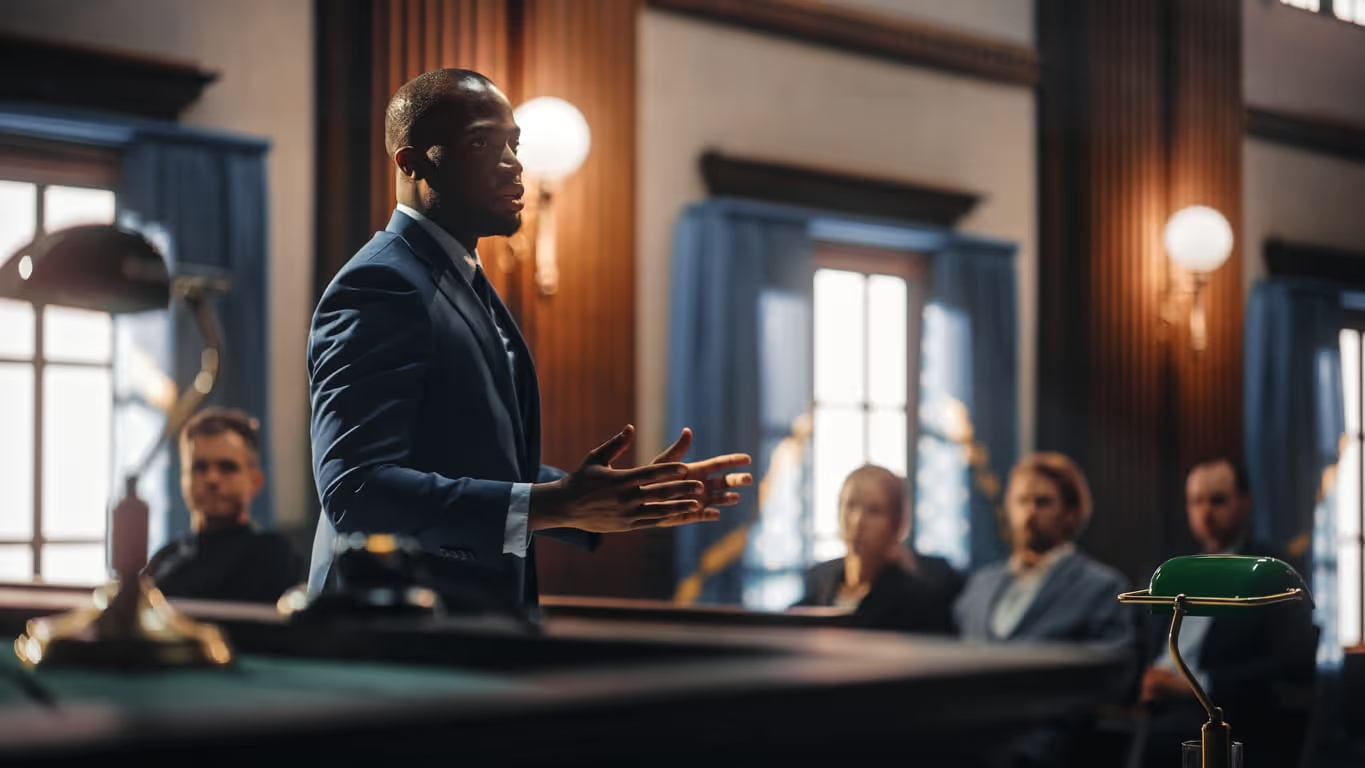Personal injury lawyers are typically paid through a contingency fee agreement, which means they only get paid if they successfully recover money for you. This fee is usually a percentage of your settlement or court award—most often between 33% and 40%. There are no upfront costs, hourly rates, or retainers. This payment model allows accident victims to pursue legal action without worrying about how to afford representation during recovery.

What Is a Contingency Fee?
A contingency fee is a legal agreement where the lawyer’s payment is contingent—meaning dependent—on the outcome of your case. If you win or settle your case, the attorney takes a portion of the recovery as their fee. If you lose, you owe them nothing for their time or legal services.
This model makes personal injury law accessible for people who may not have the ability to pay legal fees out of pocket. It also aligns the attorney’s interests with yours—both of you are motivated to win and maximize the recovery amount.
Typical Contingency Fee Percentages
Most personal injury lawyers charge:
- 33.3% (one-third) of the recovery if the case settles before a lawsuit is filed
- 40% if the case requires filing a lawsuit, trial, or arbitration
- Variable rates for cases involving appeals or complex litigation
Some firms offer a sliding scale where the percentage increases at specific litigation stages. Always read the fee agreement carefully and ask questions about how these percentages apply to your case.

What About Case Costs?
In addition to the attorney’s percentage, there are usually case-related costs that must be paid. These may include:
- Court filing fees
- Medical records requests
- Expert witness fees
- Depositions and transcript costs
- Travel expenses and investigation reports
Many personal injury lawyers will advance these costs on your behalf and deduct them from your final settlement or award. However, some firms may require reimbursement even if you lose the case. Always clarify this in writing before signing the agreement.
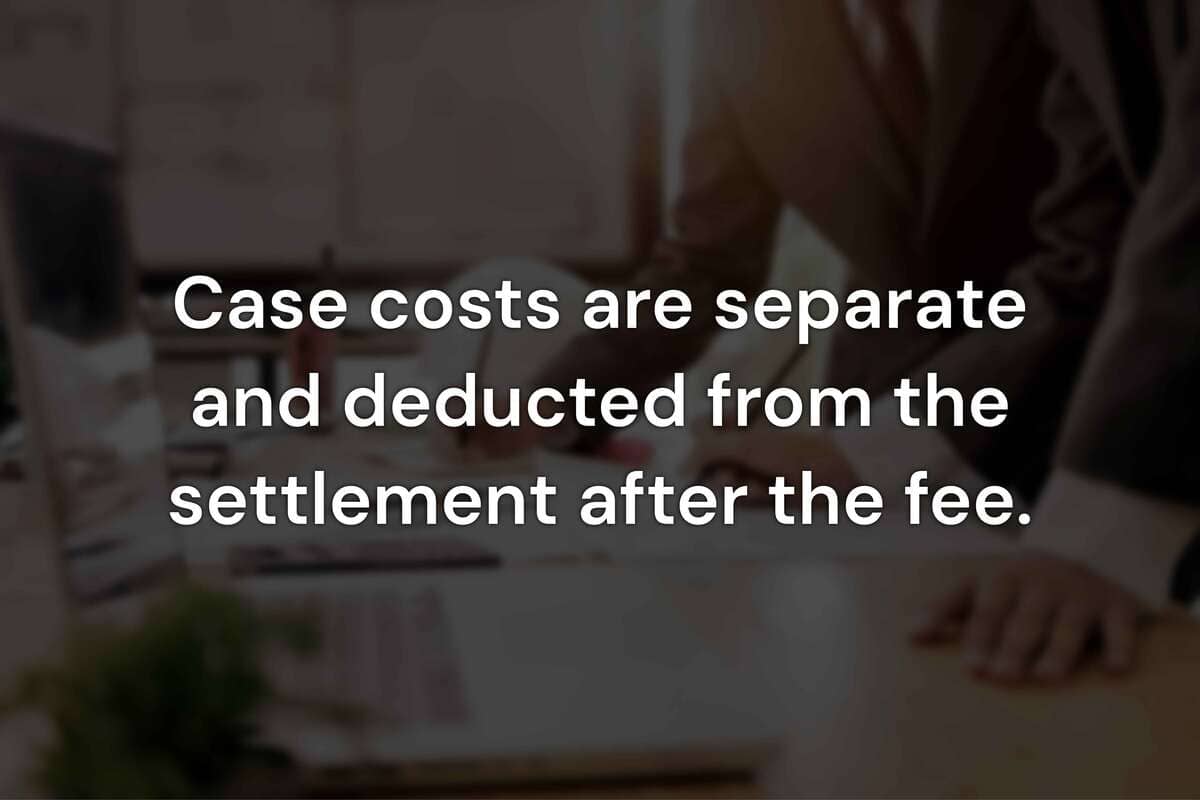
Do You Pay Anything Up Front?
No. In nearly all contingency fee arrangements, you pay nothing up front. You don’t owe any hourly rates or retainers, and you don’t receive monthly bills. The attorney absorbs the financial risk of the case. If they win, they take their fee from the payout. If they lose, they absorb the loss.
This model is especially helpful for clients who are out of work, facing large medical bills, or struggling to recover physically and financially from an accident.
How Are Settlements Distributed?
Once your case settles, the funds are typically distributed as follows:
- The total settlement or award is deposited into the attorney’s client trust account
- The attorney deducts their contingency fee
- Case costs are subtracted (if applicable)
- Any medical liens or unpaid bills are negotiated and paid
- The remaining balance is sent to you
You’ll receive a full settlement breakdown in writing. A good personal injury lawyer will also negotiate down any medical liens or insurance paybacks to maximize your take-home amount.
We’ve also covered how much accident lawyers charge in a separate article that breaks down percentage ranges, case costs, and what to expect in a typical fee agreement.
If you’re trying to find the right attorney, be sure to check out our tips on how to choose a personal injury lawyer—including what questions to ask during a consultation.
And if you’re not sure whether you even need a lawyer for your case, we’ve outlined when it makes sense to hire one and how legal representation can affect your final settlement.


































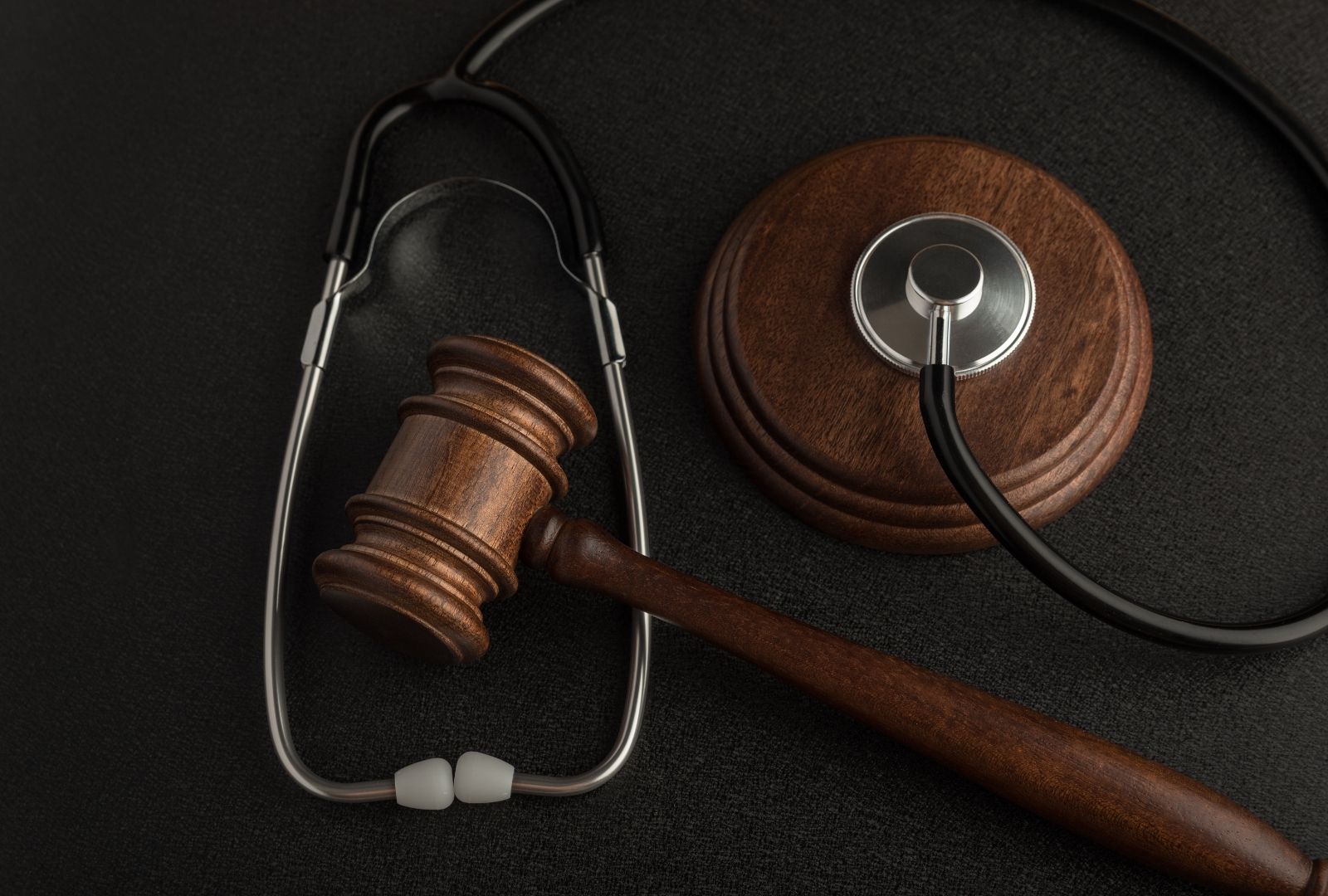
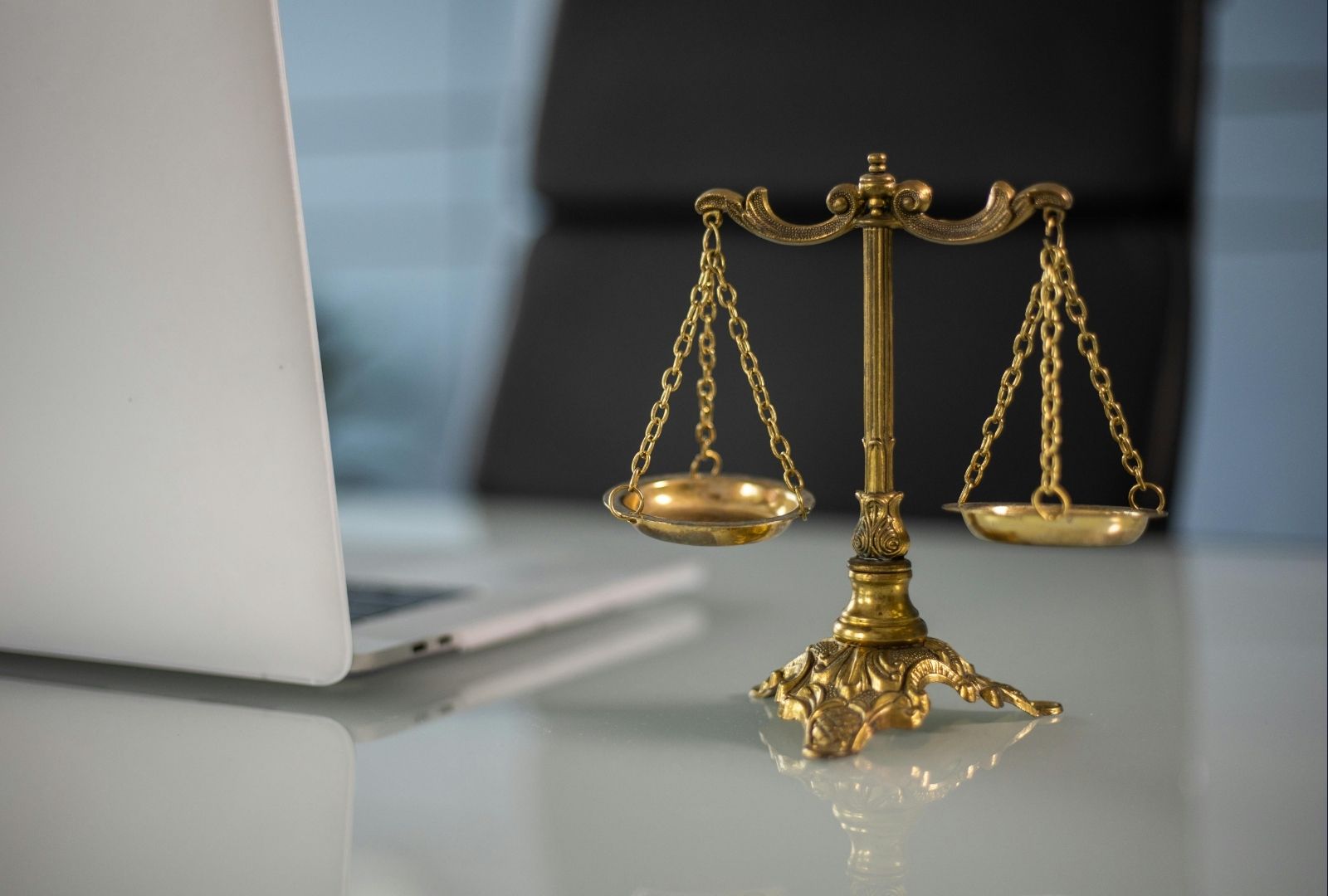


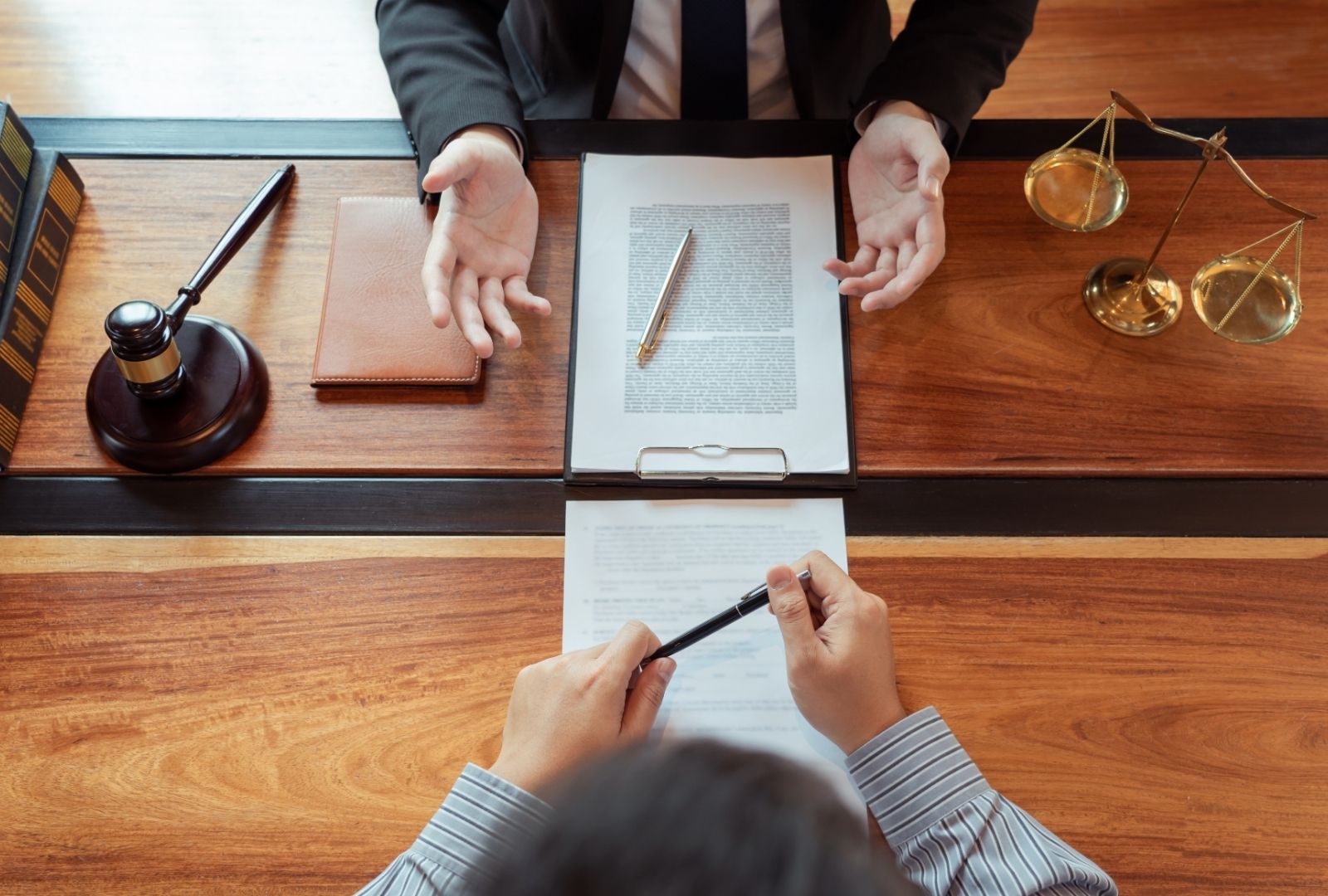
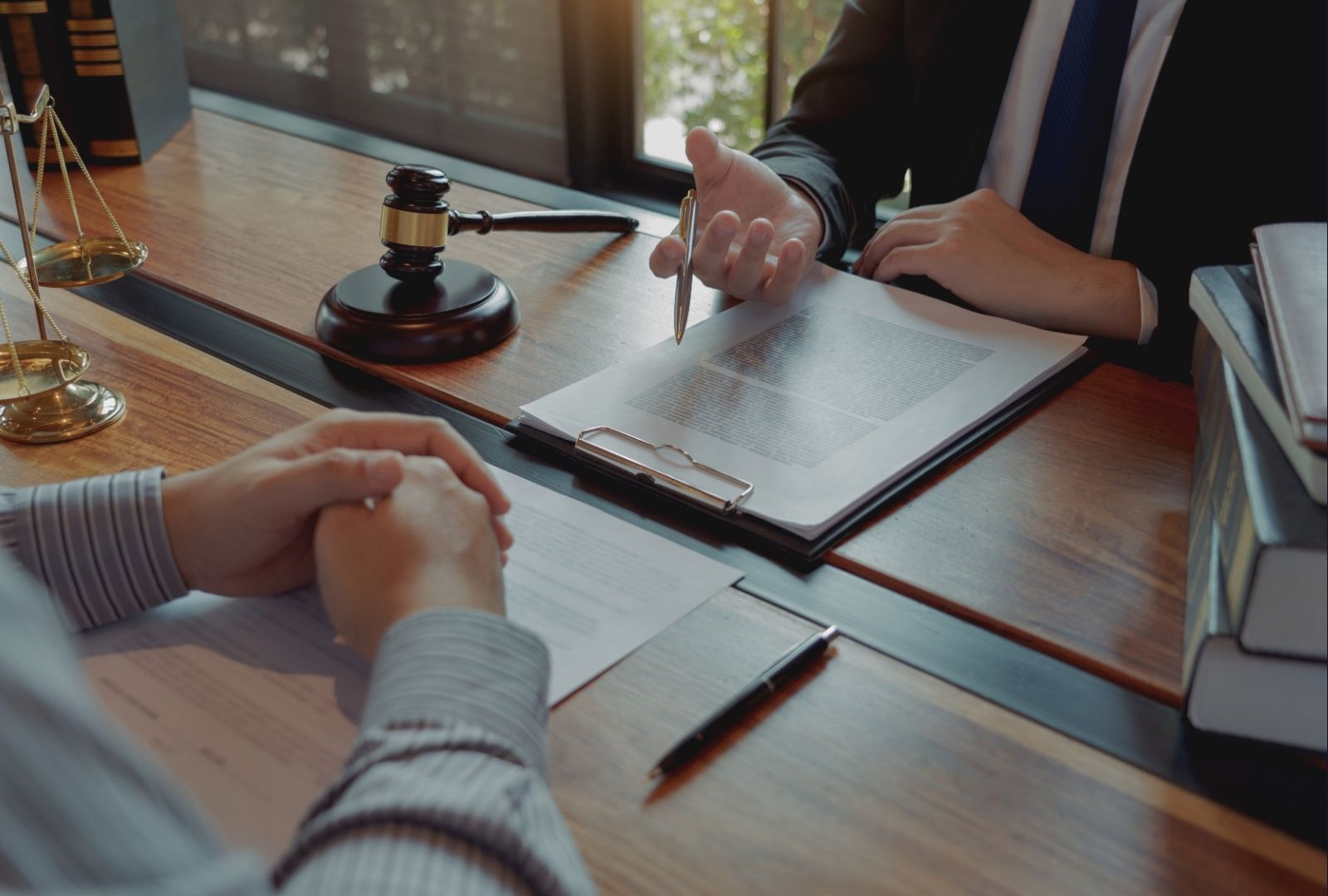




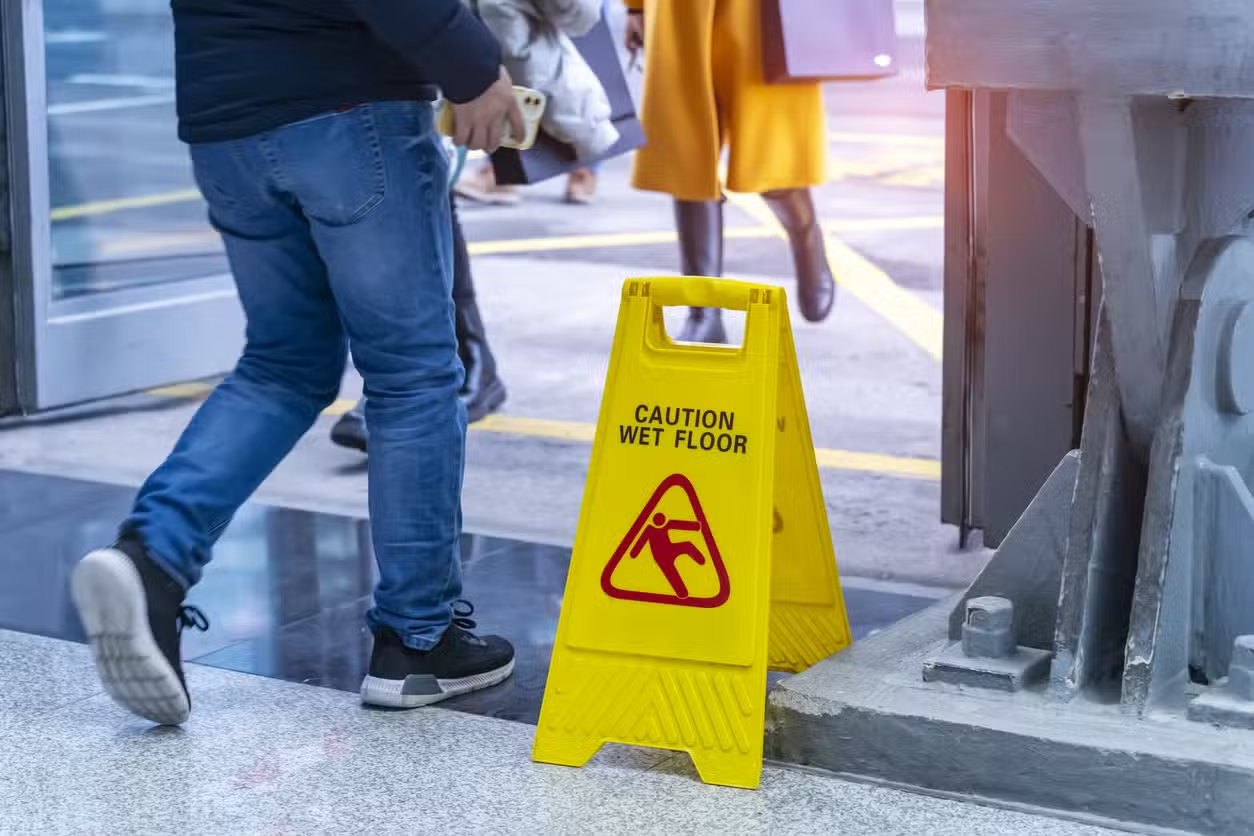

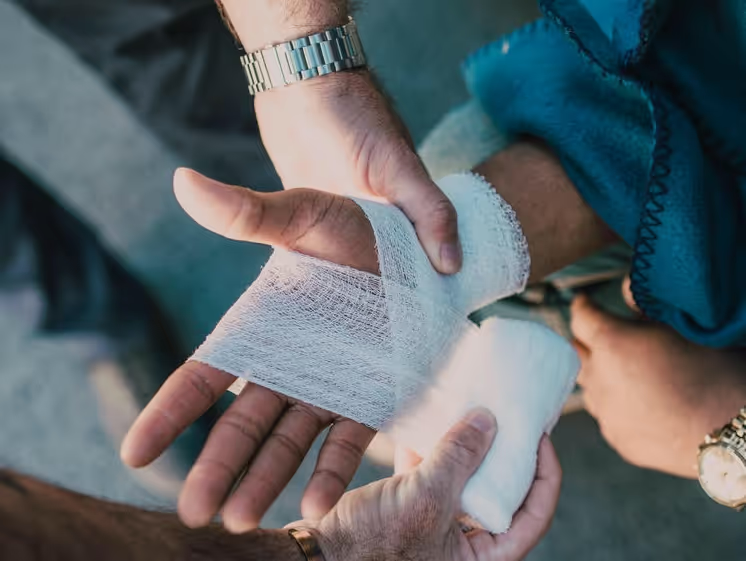



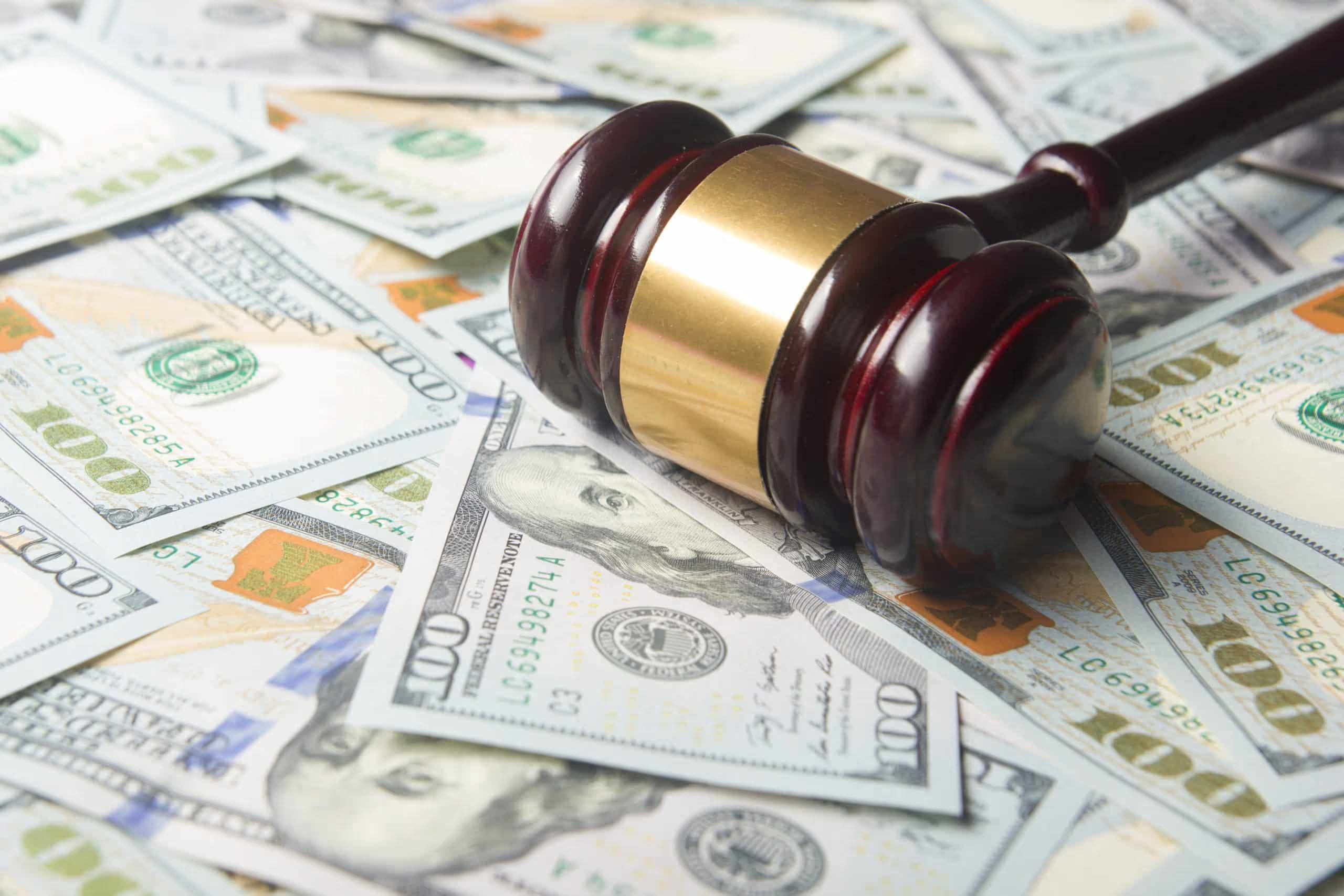


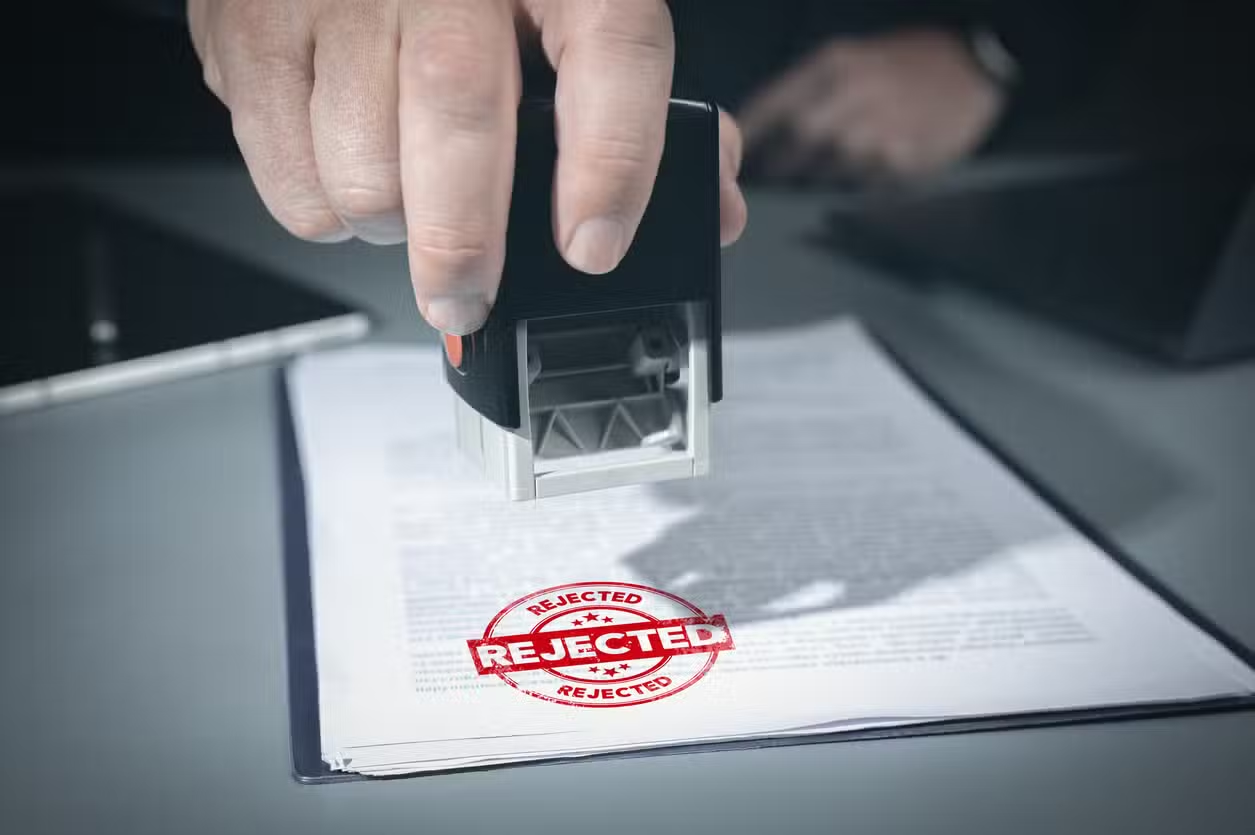


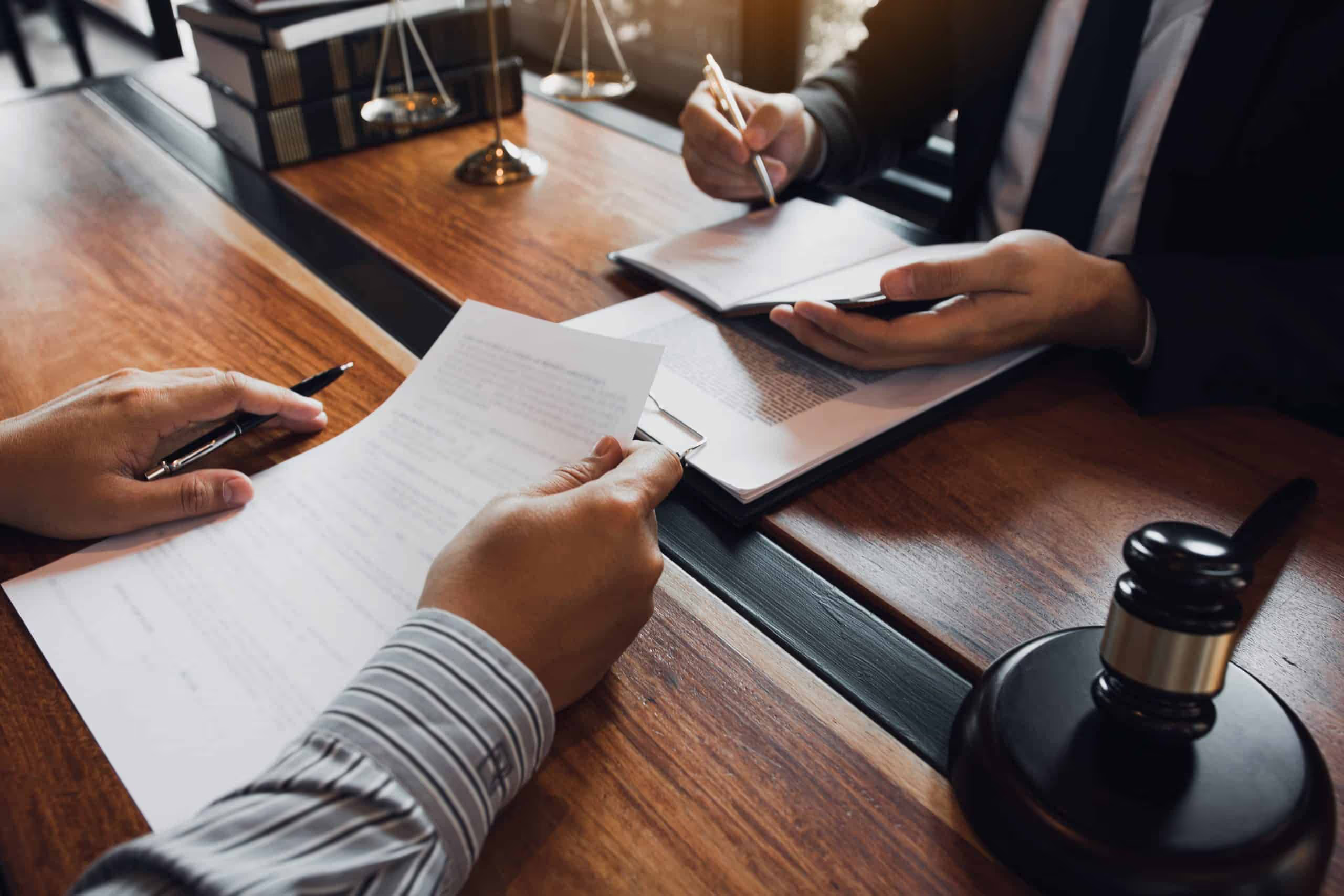
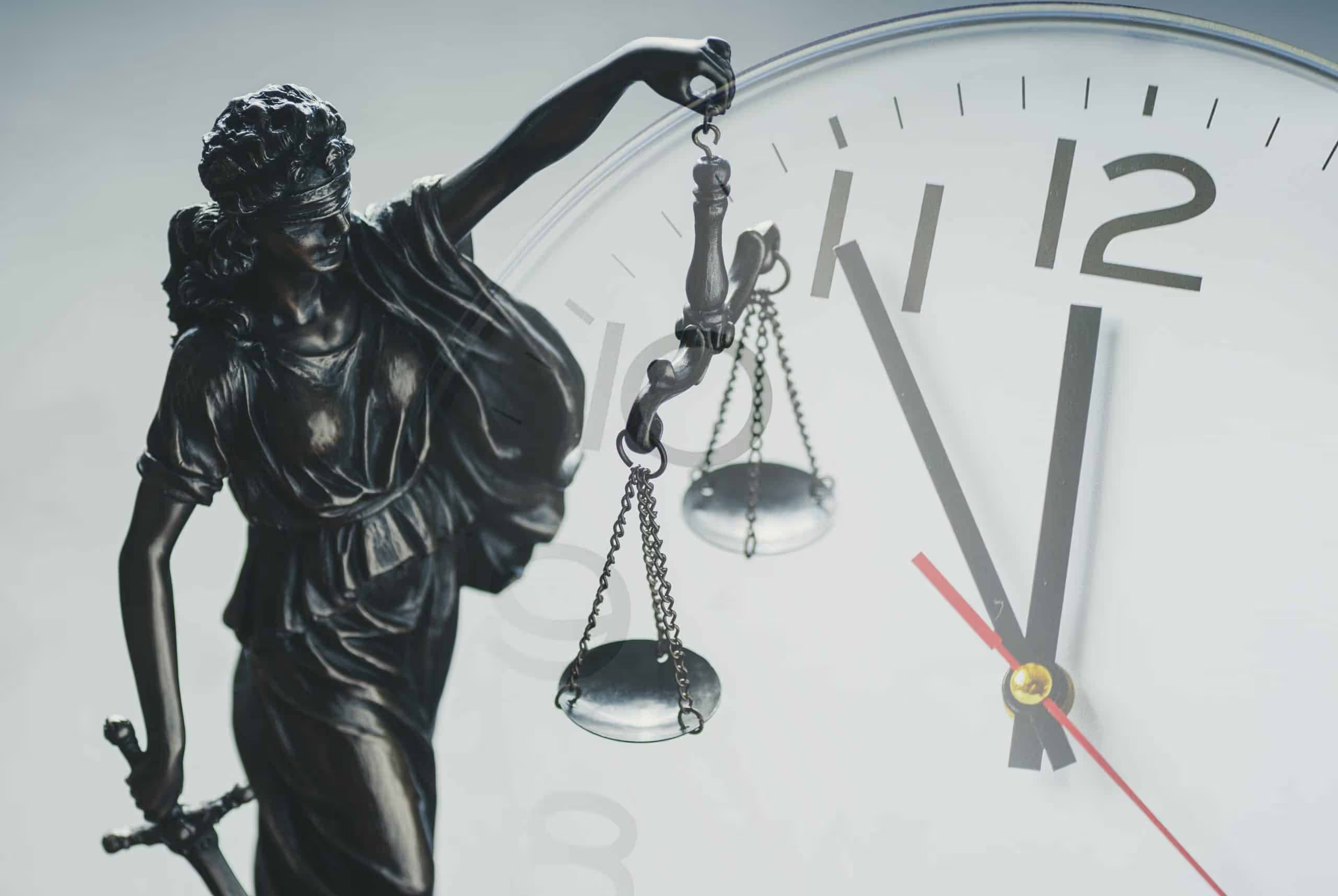

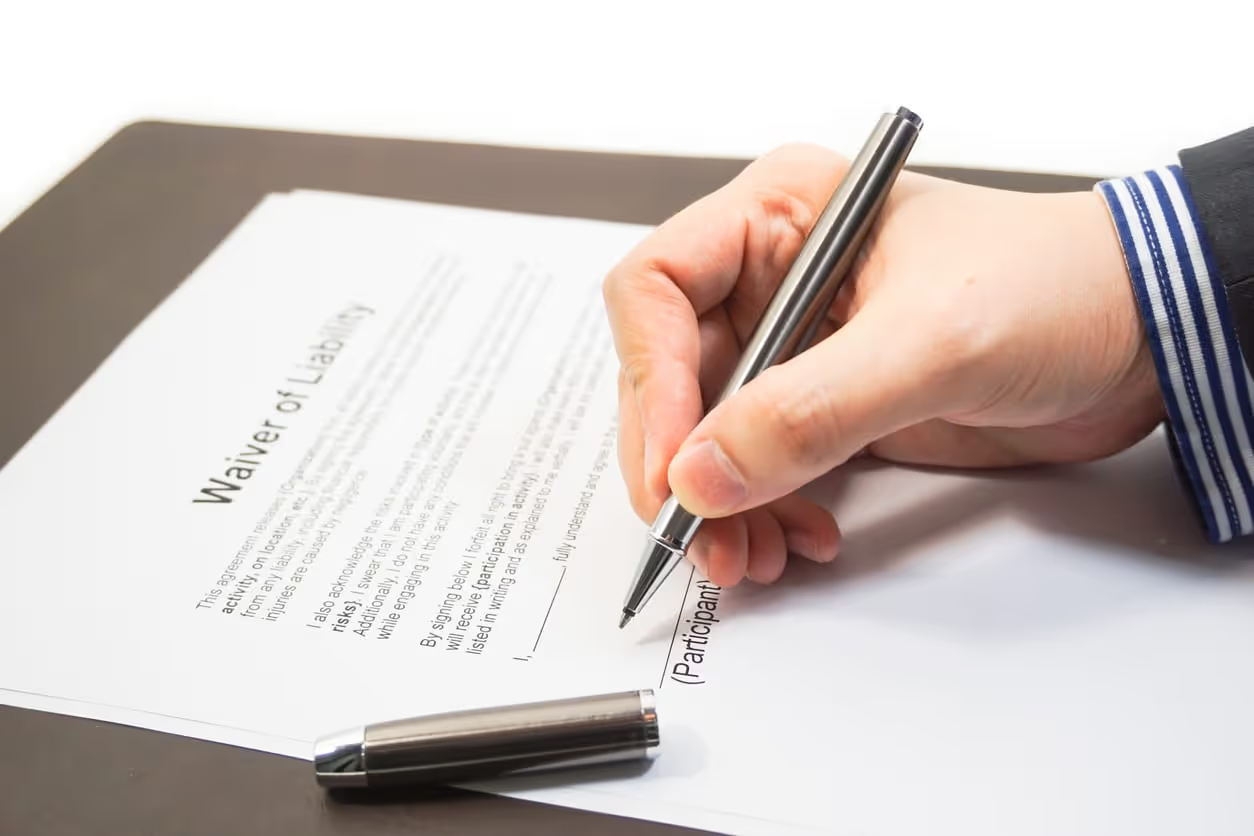
.avif)

